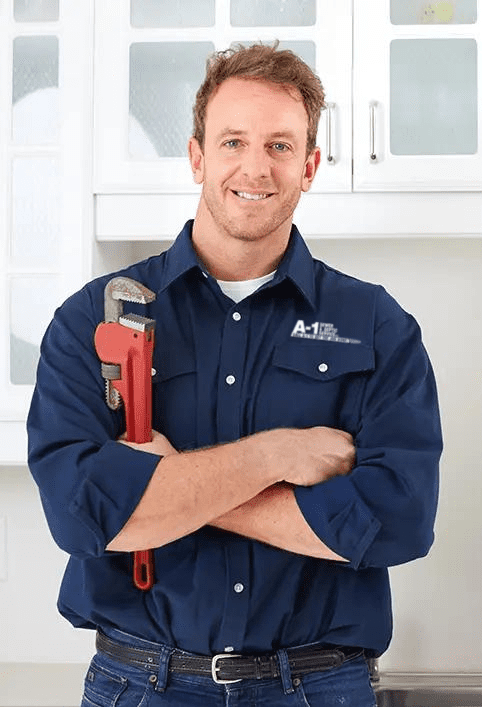Plumbing Advice for Landlords in Kansas City
In many situations, renters and homeowners have different mentalities when it comes to home maintenance. When something breaks down or stops working, usually the first thing a renter does is put in a call to their landlord. Renters may not think twice about what they put down the garbage disposal



